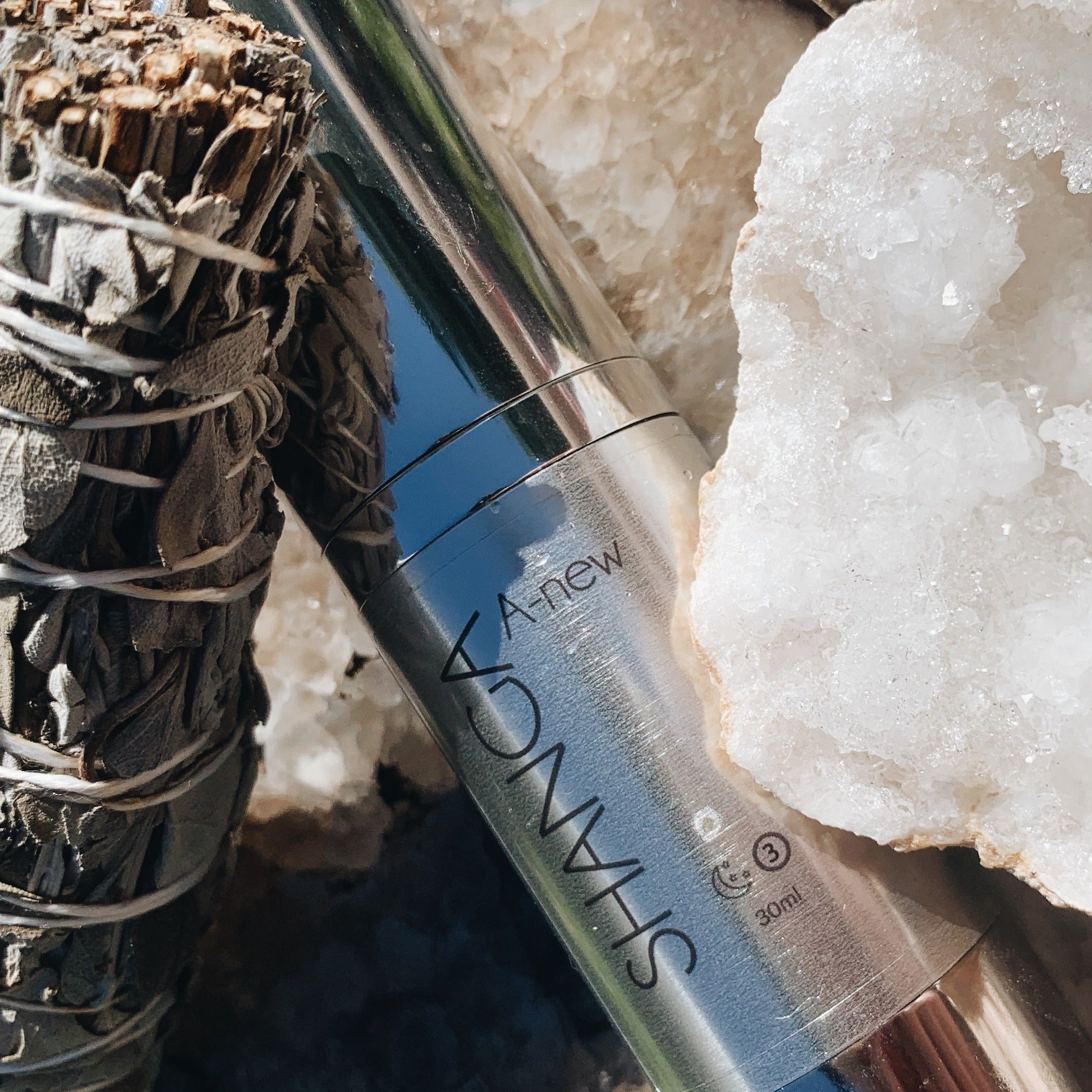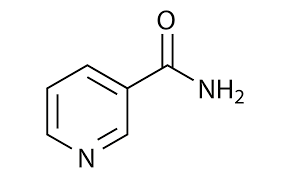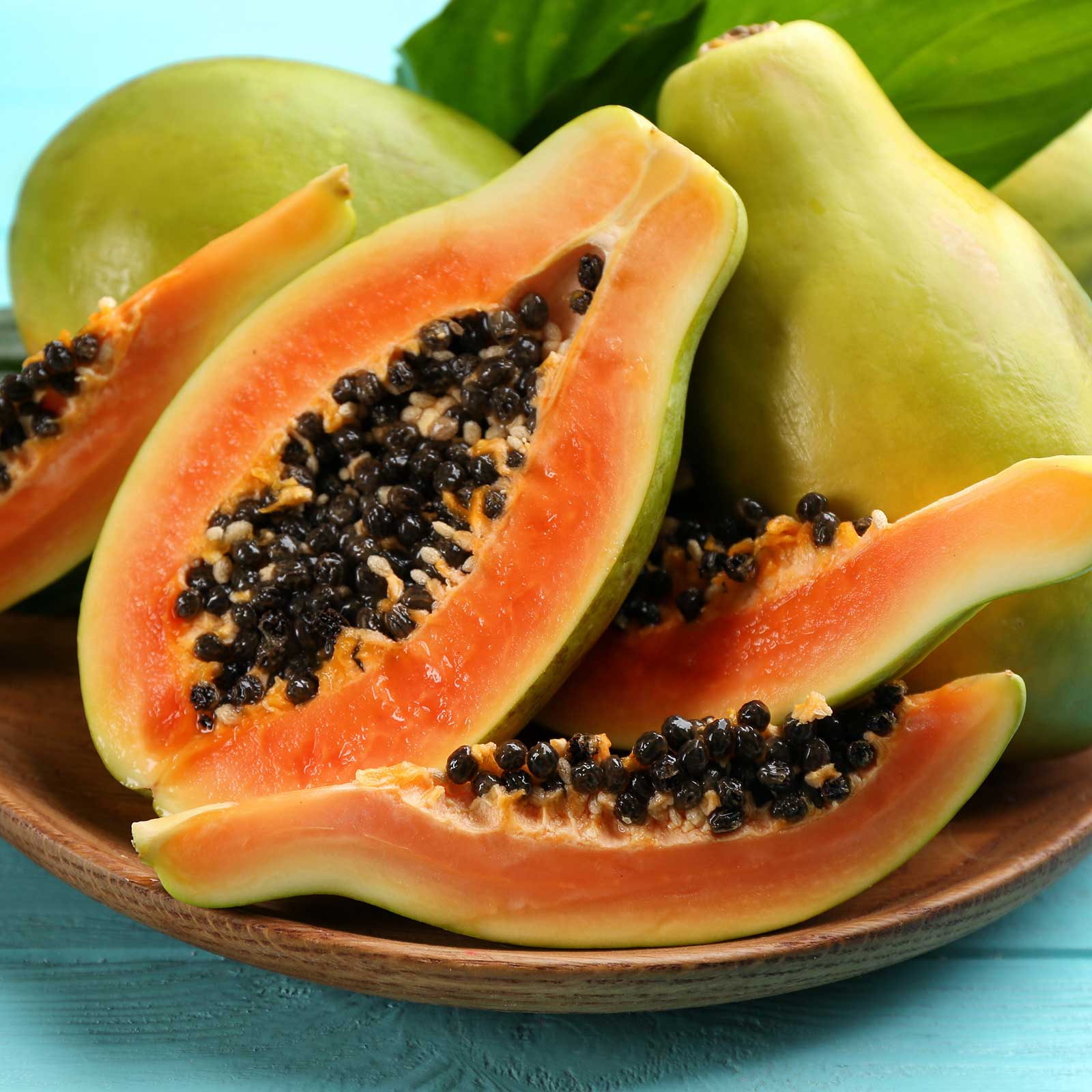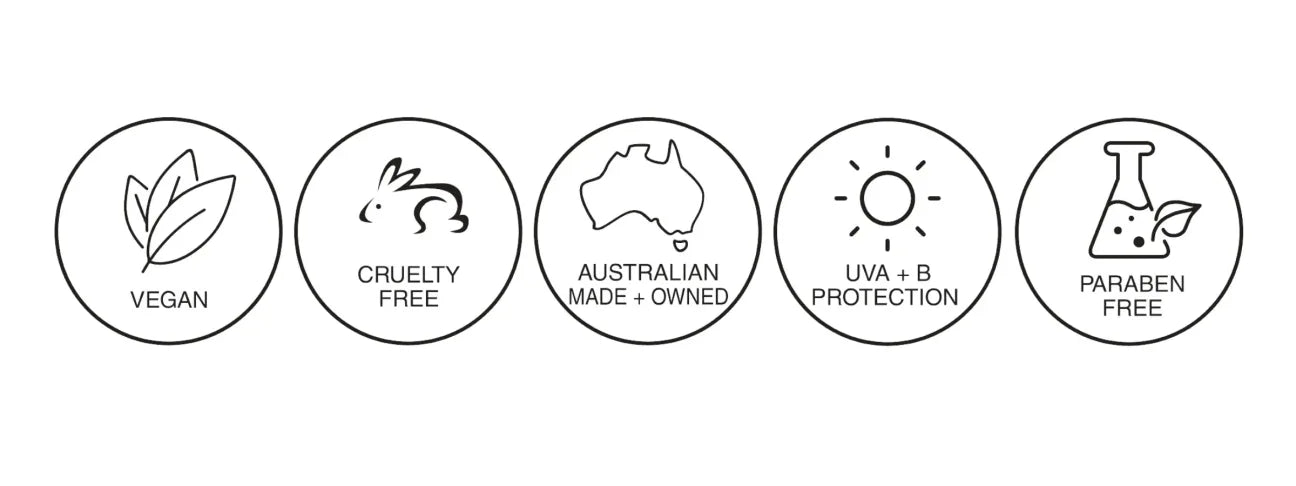Vitamin A - Retinol

Retinol is one of the most recommended and sought-after components in skin-care products in 2022, yet there’s still so much mystery surrounding this ingredient.
What exactly is this ingredient so often seen in creams and serums alongside buzzwords like “age-defying,” “anti-wrinkle” or “reparative”? Retinol is one of the main forms of vitamin A, an vitamin A derivative that has been shown to improve tone and texture, reduce hyperpigmentation and dryness, as well as reduce fine lines.
If you’re looking to diminish the effects of ageing and sun damage, look no further than retinol products. This skincare ingredient helps reduces wrinkles and smooth, even out, and firm skin. Retinol can help stimulate cell turnover, as well as help stimulate collagen production.
Stabilised retinol:
• Restores dermal thickness
• Reduces visible sun damage
• Promotes the formation of healthy blood vessels
• Protects skin from UV damage
• Restores the epidermal barrier
• Regulates oil levels – aids in the management of acne
• Reduces fine lines through collagen stimulation
• Reduces skin hyperpigmentation
What is Retinol?
Retinol is a type of Vitamin A: the active agent for treatment of ageing skin. Vitamin A promotes the enzyme activity in the skin. It thickens the epidermis and can regenerate skin prematurely aged by UV-radiation. This product can also assist in increasing the skin's elasticity and the reversal of photodamage.
Importance of Retinol for Skincare
Retinol helps your skin look younger, addressing more than 100 issues that can detract from skin health. One reason it is so effective is because it can literally connect to a damaged skin cell and “tell” it to behave like a young, healthy cell. Additionally, retinol can be depended upon for its
- Antioxidant Properties – Retinol fights against free radical damage. Free radicals age the skin, but retinol works to prevent wrinkling and increase collagen production.
- Skin Healing Properties – Retinol is effective for managing skin disorders including eczema and acne.
- Sun Damage Repair Properties – Retinol has been shown to be useful for softening wrinkles and improving discolouration from over-exposure to the sun.
- Pore Reducing Properties – When cells in the pore lining become sluggish, the pore walls stretch. Retinol revitalises cell function, helping enlarged pores return to their normal size.
Is Retinol the Only Anti-Ageing Ingredient You Need?
Retinol is certainly a superstar when it comes to proven anti-ageing benefits. However, no single product is sufficient to protect, repair, and maintain skin health. It is recommended that your beauty regimen include:
- Daily application of a broad-spectrum sunscreen with an SPF of 15 or higher.
- Regular exfoliation with alpha or beta hydroxyl.
- Gentle cleansing.
- Regular use of a serum or moisturiser with healthy skin-identical substances that promote absorption and effectiveness.
It’s easier than you think to achieve beautiful skin with a combination of cell-communicating ingredients including Retinol.
When should I start using retinol?
It’s never too early to start a retinol routine, but it is smart to start incorporating a retinol product three to four times a week at age 30. By your 40s, every other night is beneficial, and in your 50s, 60s, and beyond, incorporating a retinol product five to seven times per week will give you the best results.





